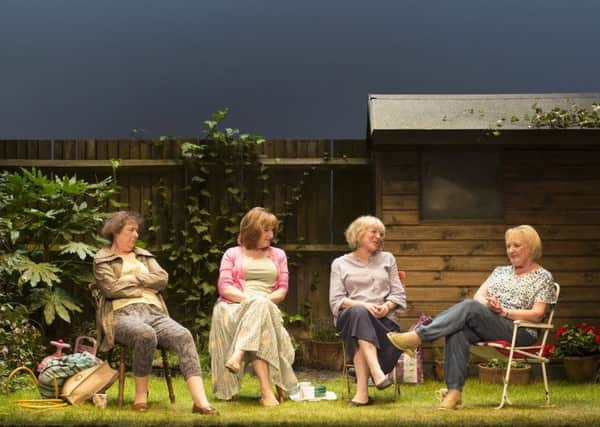Joyce McMillan: The cost of West End riches


And after a lifetime of creative effort during which he has written at least 50 more plays, many of them premiered in major theatres across Europe, Bond, now 81, still has fine credentials as a voice of theatrical radicalism in Britain.
So when he announces, as he did earlier this month, that “English theatre is dead”, his words still tend to arouse debate. Bond doesn’t, of course, mean small community or youth theatres of the kind he now writes for in Britain, but the mainstream big professional theatres – the National, the RSC, the major regional reps – where he once aspired to have his work seen. And there, his critique is absolute and devastating; he says that the work produced on those main stages is patronising, childish and has no function, that English audiences have become infantilised, and that the work is designed only to appeal to the emotions, and not to the crucial combination of heart and intelligence that makes for great art.
Advertisement
Hide AdSo it was with Bond’s words ringing in my ears that I set off for London recently to catch a couple of acclaimed shows there, both originally created at Bond’s once-beloved Royal Court. At first glance, of course, any idea that “English theatre is dead” is self-evidently ridiculous. At the Royal Court, the bar is packed, and tickets for Caryl Churchill’s new play Escaped Alone are all but unobtainable; in the West End, at Saturday matinee time, the pavements are bursting with theatregoers, and tickets for the West End transfer of Martin McDonagh’s Hangmen, at Wyndham’s Theatre, are also hard to come by, despite a top price of £99.50. It’s also worth remembering that the idea of “dead theatre” is a recurring one, and that it was at the Royal Court in the 1960s, in Bond’s youthful heyday, that John McGrath of 7:84 formulated his critique of a theatre where, in his view, upper-middle-class audiences came to gaze voyeuristically at working class lives portrayed on stage.
Yet Bond’s thoughts remain worth bearing in mind, particularly his acute comments about the growing tendency to judge shows simply by whether they make the audience laugh or cry. In truth, although the social composition of the Royal Court audience has changed little in 50 years, I couldn’t see much evidence of “dead theatre” around Churchill’s Escaped Alone, an exquisitely astringent 50-minute stage poem featuring the great Linda Bassett as a kind of Cassandra of the suburban back lawn, interrupting an afternoon of tea and chat with reports of the apocalypse to come.
Watching Hangmen, though, was a slightly more troubling experience. West End ticket prices virtually guarantee an audience drawn mainly from the top five per cent of UK earners; and in this context, Martin McDonagh’s pitch-black 1960s comedy about one of the last of Britain’s official hangmen, brilliantly played by David Morrissey, is received almost like pure farce, with a little touch of classic British noir; there’s little trace of the “pacifist rage” against capital punishment that McDonagh says inspired the work.
London’s great subsidised theatres would struggle to survive now, of course, without the odd lucrative West End transfer. Yet I was left with the feeling that Edward Bond raises questions those who want to see a thriving theatre culture should never forget, in England or elsewhere; questions about what happens to theatre when the public funding that keeps ticket prices low begins to decline, when a professional art-form starts to draw its audience from an ever-narrower segment of society, and when – consciously or unconsciously – it stops trying to speak to society as a whole, about its dreams, its nightmares, and its common future.